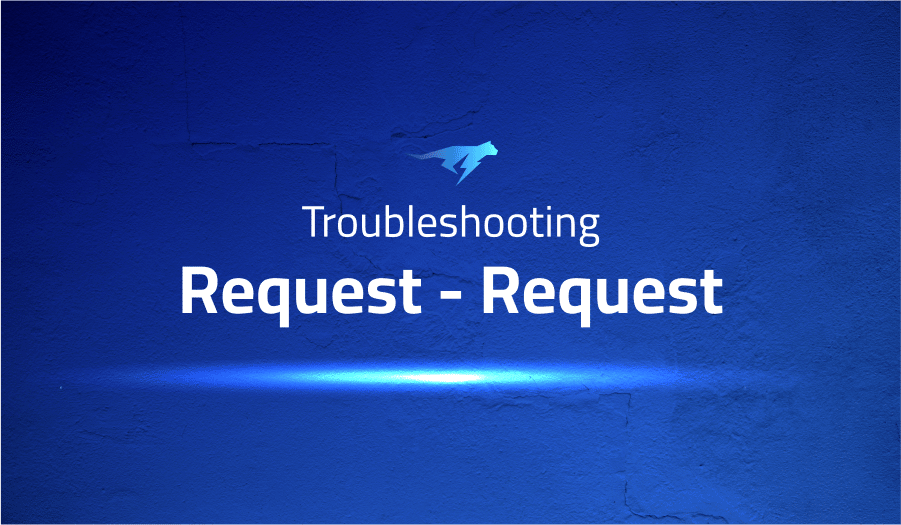

Troubleshooting Common Issues in Request – Request
Project Description
Request is a simplified HTTP client that is designed to make it easier for developers to make HTTP requests in Node.js. It is a popular library for making HTTP requests in Node.js because it provides a simple, easy-to-use interface for making HTTP requests and handling responses.
Here is an example of how you can use Request to make an HTTP GET request to retrieve the homepage of a website:
const request = require('request');
request('http://www.example.com', function (error, response, body) {
console.log('error:', error);
console.log('statusCode:', response && response.statusCode);
console.log('body:', body);
});
In this example, the request function sends an HTTP GET request to the specified URL and then invokes a callback function with the response and any associated data. The callback function logs the error (if any), the response status code, and the body of the response to the console.
Troubleshooting Request – Request with the Lightrun Developer Observability Platform
Lightrun is a Developer Observability Platform, allowing developers to add telemetry to live applications in real-time, on-demand, and right from the IDE.
- Instantly add logs to, set metrics in, and take snapshots of live applications
- Insights delivered straight to your IDE or CLI
- Works where you do: dev, QA, staging, CI/CD, and production
The most common issues for Request – Request are:
Post Request ok with postman but failed using code in python
import json
data = {'foo': {'bar': 'baz'}}
requests.put(url, header=header, data=json.dumps(data))Python 2.7, paired with Requests 2.23.0 makes an effective combination for your programming needs!
Error: socket hang up
Struggling with a problem? Givegzip:true a try – it may just be the solution you need.
TypeError: source.on is not a function
formData is limited to accepting data from three sources – string, Buffer, and Stream. To make full use of the perks formData offers, be sure to exploit this option set!
formData = {
name: JSON.stringify( { first: 'Saeid', last: 'Alidadi' } )
}
Error: write EPROTO
The write EPROTO error is usually encountered when there is a problem with the SSL/TLS negotiation process when making an HTTPS request using the Request library. This can occur for a variety of reasons, such as an outdated version of the Request library, an outdated version of Node.js, or a problem with the server’s SSL/TLS configuration.
To troubleshoot this error, you can try the following steps:
- Make sure that you are using the latest version of the Request library and the latest stable version of Node.js.
- Check the server’s SSL/TLS configuration to ensure that it is up to date and that it is compatible with the Request library.
- Try using a different HTTPS library, such as the built-in
httpsmodule in Node.js, to see if the issue is specific to the Request library. - If the issue persists, you may want to try enabling verbose logging in the Request library to get more information about the problem. You can do this by setting the
request.debugoption totrue.
Incorrect header check when deal with deflate content encoding
The “incorrect header check” error is usually encountered when there is a problem with the way that the Request library is handling HTTP response headers. This error can occur when the server is sending a Content-Encoding: deflate header, but the response body is not actually compressed using the deflate algorithm.
To fix this issue, you can try the following steps:
- Check the server’s HTTP response headers to ensure that they are correctly indicating the content encoding of the response body.
- If the server’s headers are correct, you may need to update the Request library to the latest version. This error was fixed in version 2.88.0 of the Request library, so upgrading to the latest version should resolve the issue.
- If the issue persists after upgrading the Request library, you may want to try disabling the automatic decompression of HTTP response bodies by setting the
request.jaroption tofalse.
More issues from Request repos
It’s Really not that Complicated.
You can actually understand what’s going on inside your live applications.




